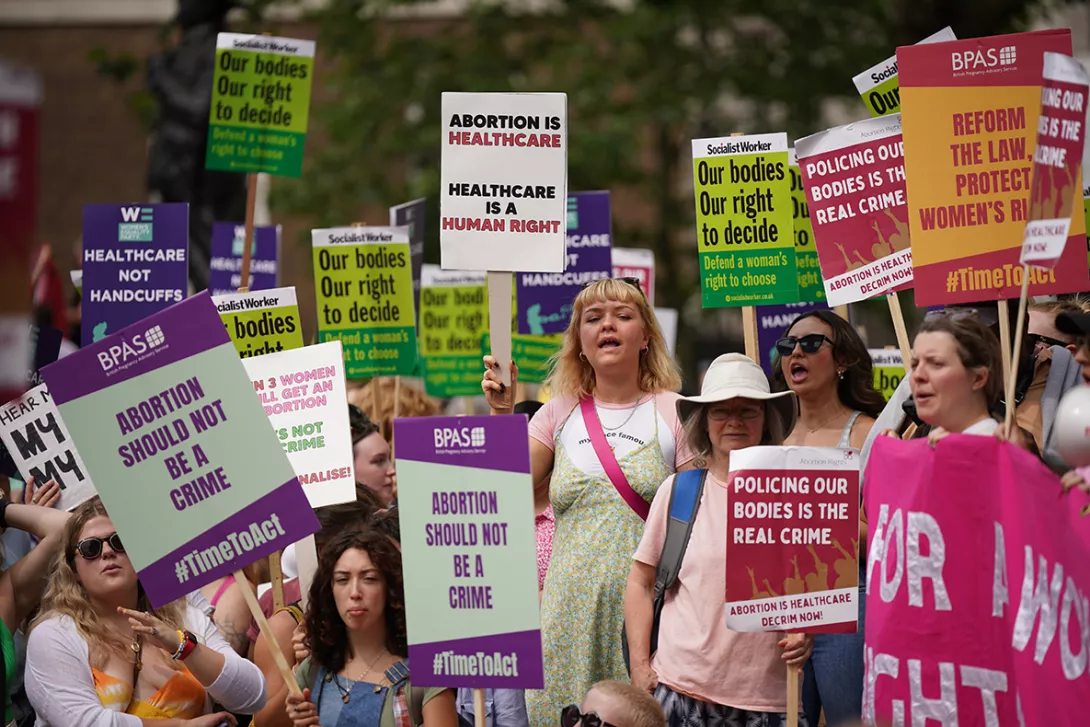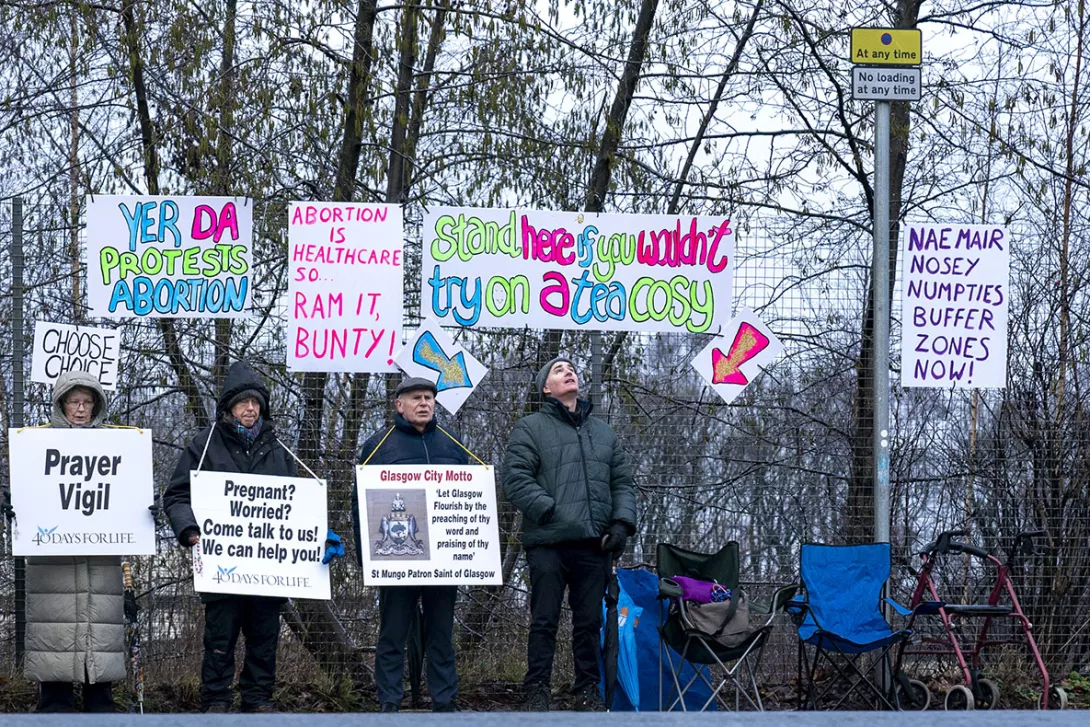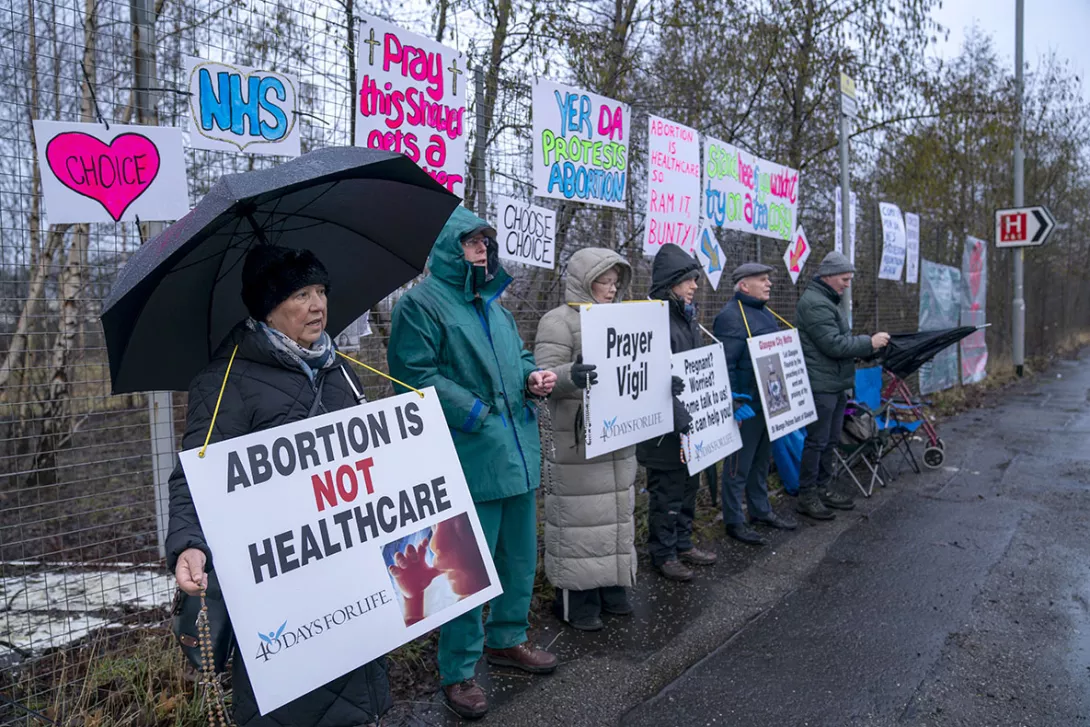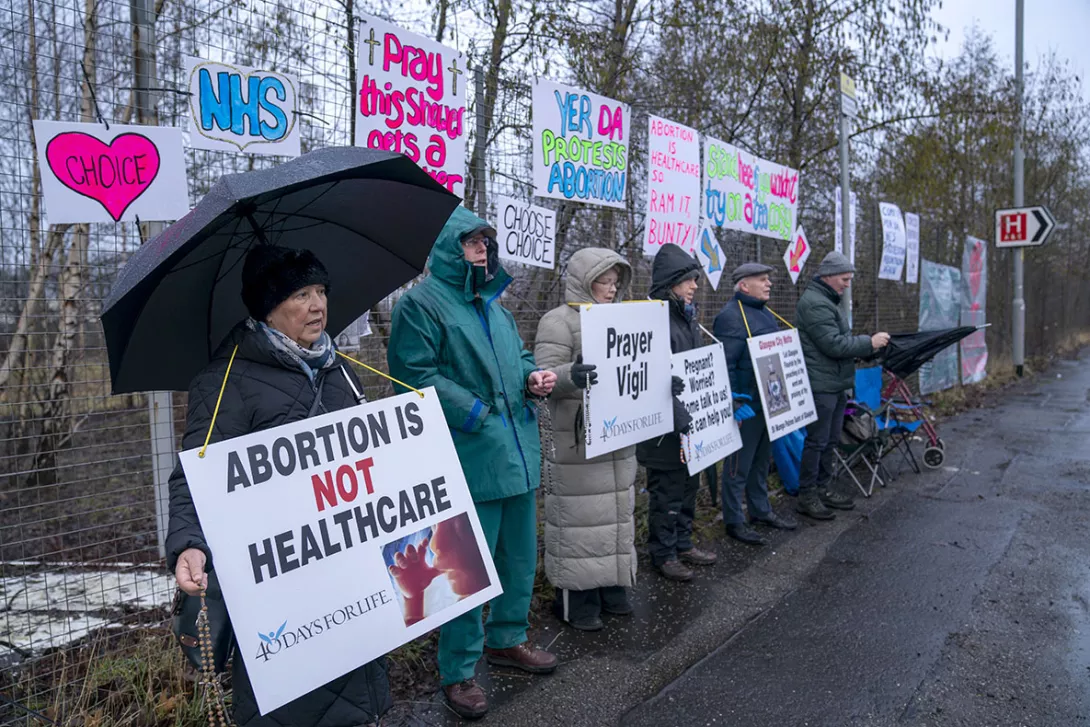
THE Abortion Services (Safe Access Zones) (Scotland) Act 2024 came into force in September, aiming to provide legislative protection from harassment for those accessing or working in abortion services by creating Safe Access Zones around clinics and hospitals.
Similar legislation which will apply in England and Wales is on the way. This Bill is a victory for the grassroots activists Back Off Scotland, who have been at the forefront of the campaign for the last four years.
Writing in the Herald, co-founder of Back Off Scotland Lucy Grieve has indicated that the group’s “next priority” is campaigning to expand Scotland’s abortion services and that they are “looking forward to working with the Scottish government over the coming months to look at ways in which we can reform Scotland’s archaic abortion law.”















